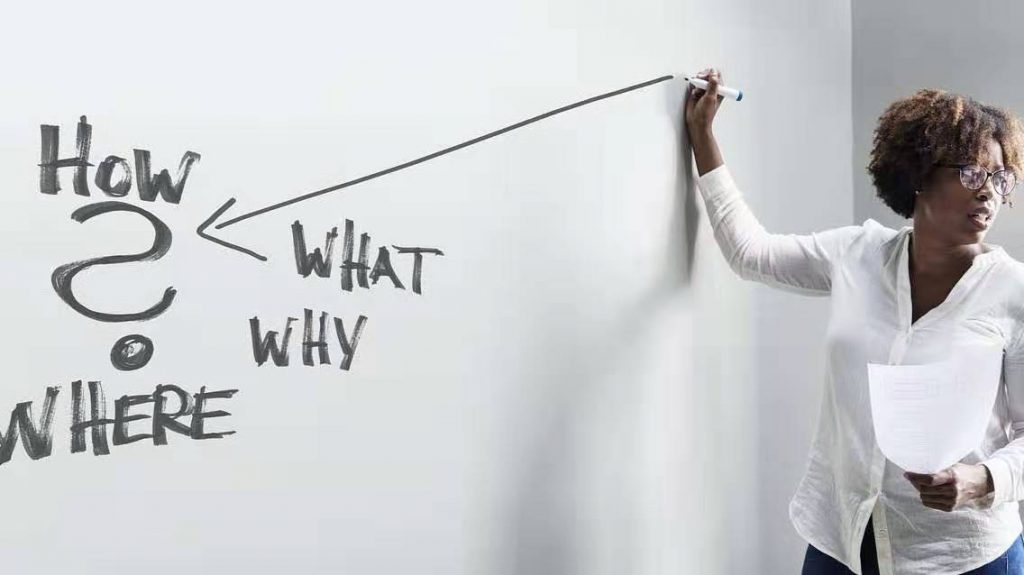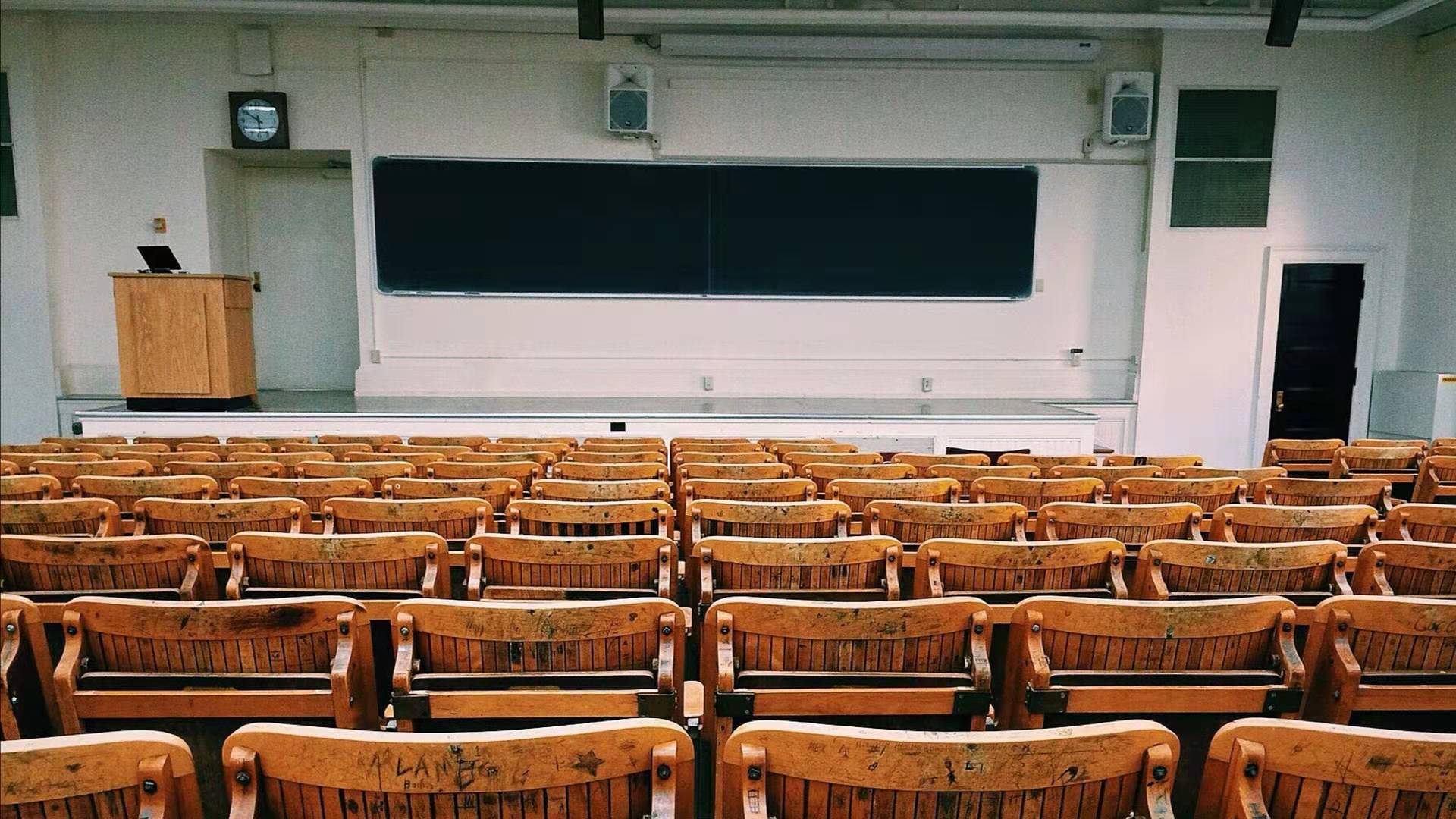When more media workers are no longer have a professional background in journalism, how would higher education help journalism students become more competitive in sexual crime reporting?
It was the crime that shocked China: a 21-year-old stewardess who had hailed a taxi from the airport was found murdered, her body dumped in the mountains of Wenzhou with indications that a severe sexual assault had taken place. The news emerged several days later, but not through the local press but in an online news subscription service on WeChat.
The news was shared widely, thanks in part to the exaggerated and graphic tone that the writer employed: the victim ‘graceful and pure’ the murder scene one of ‘purgatory’ and the victim covered in semen and a gush of blood.
A wave of public complaint saw the story taken down, but the damage had already been done. An aspiring journalist with no training had ruined any chance of a fair trial and the driver was likely to escape justice. For Aiguo Shen, a journalism professor at Zhejiang University, it’s an example of the need for better regulation of journalists working in the We-Media space.
“Nowadays, as long as you could write, you could be a reporter, some organizations even deliberately recruit people whose major aren’t journalism, lowering the professional quality of journalists,” explains Aiguo Shen, “But those people didn’t go through relevant courses, where teachers would emphasise again and again, they didn’t realise they need to take responsibility for what they published online as media workers who control the discourse power to some extent.”

Many people believe that the main reason behind such phenomenon is that the threshold for becoming media worker is becoming lower in the era of we-media, where anyone could publish news reporting through their personal accounts on social media platforms. Professional background in journalism is no longer an advantage for people who want to apply for journalism positions, and some employers even prefer to hire people who haven’t studied other majors in universities.
On the one hand, the process of checking is significantly shortened in the new media age. According to journalist Guodong Ni, it’s much easier to publish an article online than then in the newspaper. “If I want to publish articles on the newspaper, except for myself, commission editors, sub-editors, chief editor, superior publicity department and other relevant institutions would go over my stories step by step,” said Guodong Ni, “Nevertheless, if those stories are for social media platforms, there are only two checking procedures, myself and my editor have to verify everything on our own, that’s easier said than done.”
On the other hand, since producing and sharing news is quicker and more convenient on the social media platform, unethical reporting would spread wider and has larger influence. “Sometimes, the minute an article is released on a good social media platform such as the WeChat, it has over 100,000 pageviews, there’s no way a piece of news on the newspaper could catch that much attention,” said Aiguo Shen, “Many media institutions are lured by the commercial profit brought by the click rates, they don’t care about news value, it’s just a business for them.”
Thus, it is more important for journalists and editors who run media accounts on social media platforms to be self-disciplined. However, it’s difficult to develop that ability without long-term training. According to Aiguo Shen, media workers online still need to follow the same principles as journalists of traditional media, and developing that kind of awareness requires not only the cost of time and money but also the cost of knowledge, which means the education level of journalists.
That is to say, to increase the threshold of media workers online, the current media workers should attend more training programme, and media organisation on social media platforms should hire more employees with a professional background in journalism. “You have to receive undergraduate or even postgraduate education, the more teacher emphasises about journalistic professionalism, the students would have greater career sense of responsibility,” said Aiguo Shen.
However, the current teaching methods of journalism ethics universities have problems as well. Firstly, the course was not introduced in China until 1994. Liming Zhang, a journalist who focuses on crime reporting for over two decades, when he started his career in the 1990s, learned nothing from the university about the way to report sexual crimes nor journalistic ethics. “I learn from my own experience, not school,” said Liming Zhang.
Moreover, when it was first introduced by Fudan University, it was just an elective for undergraduate and master’s degree students in the School of Journalism. Only after the course was listed as a compulsory course for undergraduate students in the new catalogue of journalism majors issued by the Ministry of Education in 1998, universities in China started that course in succession slowly.
Due to the late start and weak foundation, journalism Law and Ethics, a critical course that could help students learn the basic rule of news reporting, has not been given enough attention in the higher education. Huang Hu, a journalism professor at School of Journalism at Fudan University, says, “Most lecturers who teach this course are inexperienced ones in the university, the root cause is that journalism ethics is still not being taken seriously.”
Luckily, now the Chinese government starts to attach importance to the education of journalism ethics, the level of ethical education journalism students receives in the universities finally begins to rise to a new height. According to Hu Huang, a professor of the journalism school at Fudan University, now is the best chance set ethical course as key subjects of journalism. “We need to open the course of Media Ethics and Regulations as a compulsory course, finish the compilation of national model textbooks, reform the development model of the teaching team, and organise more nationwide training for teachers,” said Hu Huang.
However, to achieve that goal, there still has a long way to go. Even if the availability of this course is increasing in recent years, the teaching and research of the laws, regulations and professional ethics of journalism in China still haven’t formed a unified consensus so far. Concepts with different connotations and extensions, such as laws and regulations of news, news ethics, media ethics, and professional news ethics, are still used in a mixed way.
What’s more, currently, courses in journalism ethics in universities are almost focused on teaching theories. According to Aiguo Shen, training journalism professionals should focus on cultivating their practical character. “What I have learned from my teaching experience is that journalism education should be down-to-earth, I don’t think journalism should be a theoretical discipline, it’s a mistake to think that journalism is all about writing an academic essay,” said Aiguo Shen.
To solve that problem, some universities such as Zhejiang University has replaced graduated thesis with graduating portfolio. “Journalism students need to reflect their professionalism through their practical works, said Aiguo Shen, “it’s like learning to be a carpenter need to learn about how to hit a cabinet, learning to be a mason need to learn about how to build a hearth.”

Another problem is that even in schools of journalism, where journalistic ethics and regulations would be taught in a specialised course, sex crime reporting has not been listed as a part that needs to teach specifically. According to Xiaoli Tai, an assistant professor of journalism at the Communication University of Zhejiang, ethical and regulatory issues are mainly taught through cases of disaster reporting, sex is more like a cryptic subject that is usually discussed only in whispers. “There isn’t many in the mainstream media, so we don’t really have much to teach in class,” said Xiaoli Tai, “Although in recent years, some sexual harassment cases involving celebrities have become the focus of media attention, it’s very difficult to explain ethical issue when the facts are difficult to determine.”
As a result, journalism students may not be able to gain much knowledge related to sexual crimes reporting in journalistic courses such as relevant laws and regulations, the skills to interview vulnerable people.
On this issue, the “2+2 training mode” of the school of journalism at Fudan University could provide a beneficial lesson. It breaks disciplinary boundaries and courses more on the combination of journalism and other majors such as law and psychology. In the first two academic years, journalism students at Fudan University can choose a second major to master the professional knowledge of reporting areas they are interested in. In the third and fourth years, students begin to receive professional training program of journalism.
However, Fudan University is the only university that has been doing that, which indicates that it’s difficult to actually reform the teaching mode on a large scale in a short time. According to Xiaoli Tai, a more accessible way seems to be offer students is setting a reading week to read a large number of books. “I have repeatedly said to the students in the class, you have to know the law, so you can have your own independent judgment of whether the facts of the crime are determined,” Xiaoli Tai, “One could only know how to write proper news reporting when you learn enough about the whole culture of society as well as laws and regulations related to the news you want to cover.”
Even if journalistic courses in the universities won’t elaborate on how to report specific kind of crime, the difference between media workers with professional and non-professional backgrounds in journalism is not their writing skill, but their career awareness. As Aiguo Shen said, “You can’t expect one class to solve all the problems, but it would plant an idea in students’ mind when they become journalists someday, they could at least stick to the bottom line, stick to a neutral and objective position as a media worker.”

